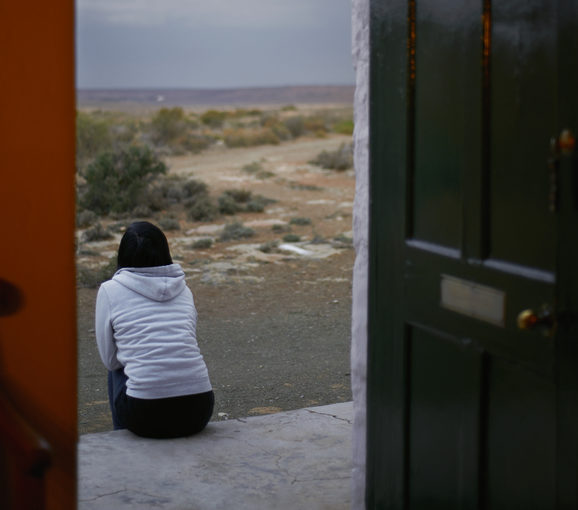Many people use the terms “guilt” and “shame” interchangeably. However, from a psychological perspective, guilt and shame refer to different experiences. Guilt and shame often go hand in hand—the same action may invoke both feelings of shame and guilt.

Consequences of Guilt and Shame
For many people, feelings of shame can be more challenging to process than guilt. It can be difficult for some people experiencing shame to separate their actions from who they are. Guilt and shame affect everyone differently, but some of the most common consequences include:
- Low self-esteem: If you’re struggling with feelings of guilt and shame, you may believe that every negative act says something about who you are. Every mistake—no matter how big or small—can make you feel inferior. Guilt and shame often coincide with negative feelings such as low self-esteem, embarrassment, and a fear of public humiliation. For those with mental health issues, shame and guilt can detrimentally affect mental health.
- A sense of hopelessness: Experiencing feelings of shame and guilt can make life seem hopeless, especially if you feel powerless to change. It can be tempting to give up on trying to be a better person, or you may isolate yourself from others to hide your feelings.
- Unethical behavior: For some people, struggling with shame can lead to poor decisions. Some people experience shame and a lack of guilt, leading them to blame others for their bad behavior. Refusing to accept responsibility for your actions and shifting the blame can make it difficult to work, live, and socialize with others.
Individuals struggling with survivor’s guilt after a traumatic event may also experience post-traumatic stress disorder (PTSD) symptoms. These symptoms include flashbacks, obsessive thoughts, irritability, sleep problems, nausea, and headaches.

Find a Therapist to Navigate Guilt and Shame
Get personalized matchesWhat should you do if you’re struggling with guilt and shame?
Guilt, shame, and negative emotions that coincide can become overwhelming. If you’re struggling with guilt and shame, consider exploring the following options.
- Allow yourself to feel: Although feelings of guilt are not always rational, they’re a recognized response to trauma. Allow yourself to feel guilt, and take time to process guilt, grief, and fear. If these feelings do not become more manageable over time, consider seeking professional help.
- Accept responsibility: When you realize that your actions were wrong or inappropriate, you can accept responsibility. Instead of trying to hide your action or place the blame on someone else, it’s helpful to accept responsibility for your actions.
- Make amends: In some circumstances, making amends is easy—you apologize and make reparations to the person you’ve hurt. For example, if you get too much change from the cashier, you can apologize and return the extra change. Sometimes, making amends can be difficult, and it can be impossible to undo the harm you’ve caused. For instance, if you ignored a homeless person obviously in need of help on your way home, you probably won’t be able to find the same person again. In this case, making amends might involve helping people in similar positions.
- Forgive yourself: Making mistakes is part of being human. If you have accepted responsibility and tried to make amends, offer yourself compassion, and allow yourself to learn from your mistakes. Remember that one choice doesn’t necessarily define you as a person.
- Connect with others: Sharing your feelings with friends and family members can help you feel less alone. If you’re afraid of your loved ones misunderstanding your feelings or judging you, search for a relevant support group. For example, if you’re struggling with survivor’s guilt after surviving lung cancer, joining a lung cancer support group on Facebook can provide the opportunity to connect with others and express yourself.
- Seek professional help: Working with a mental health professional can help you adopt a problem-solving approach, manage your emotions, and boost your self-esteem. Common approaches to guilt and shame include cognitive-behavioral therapy and interpersonal therapy.
How to seek help
If you’re struggling with feelings of guilt or shame, consider reaching out to a mental health professional through WithTherapy. WithTherapy’s unique service will match you with a mental health professional based on your personal preferences and requirements. The mental health professionals on our platform are qualified to help you adopt a problem-solving approach, respond to your mistakes, and overcome your negative feelings.
Find a Therapist to Navigate Guilt and Shame




